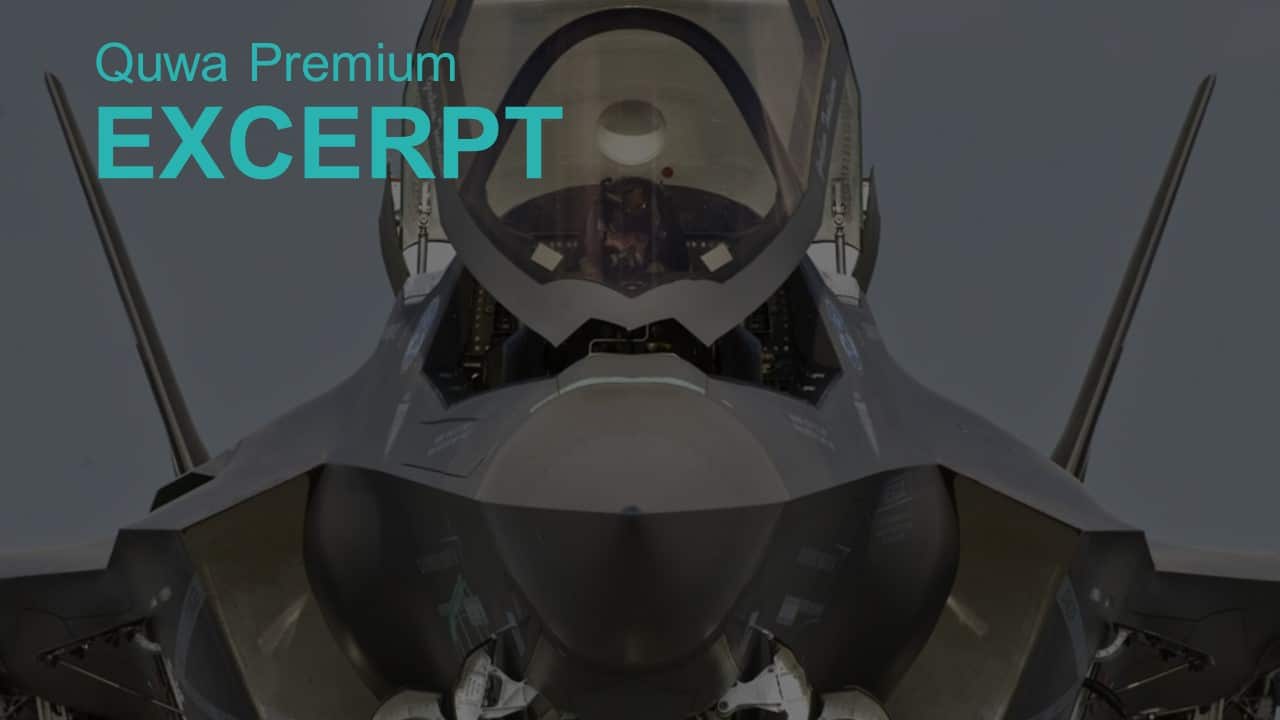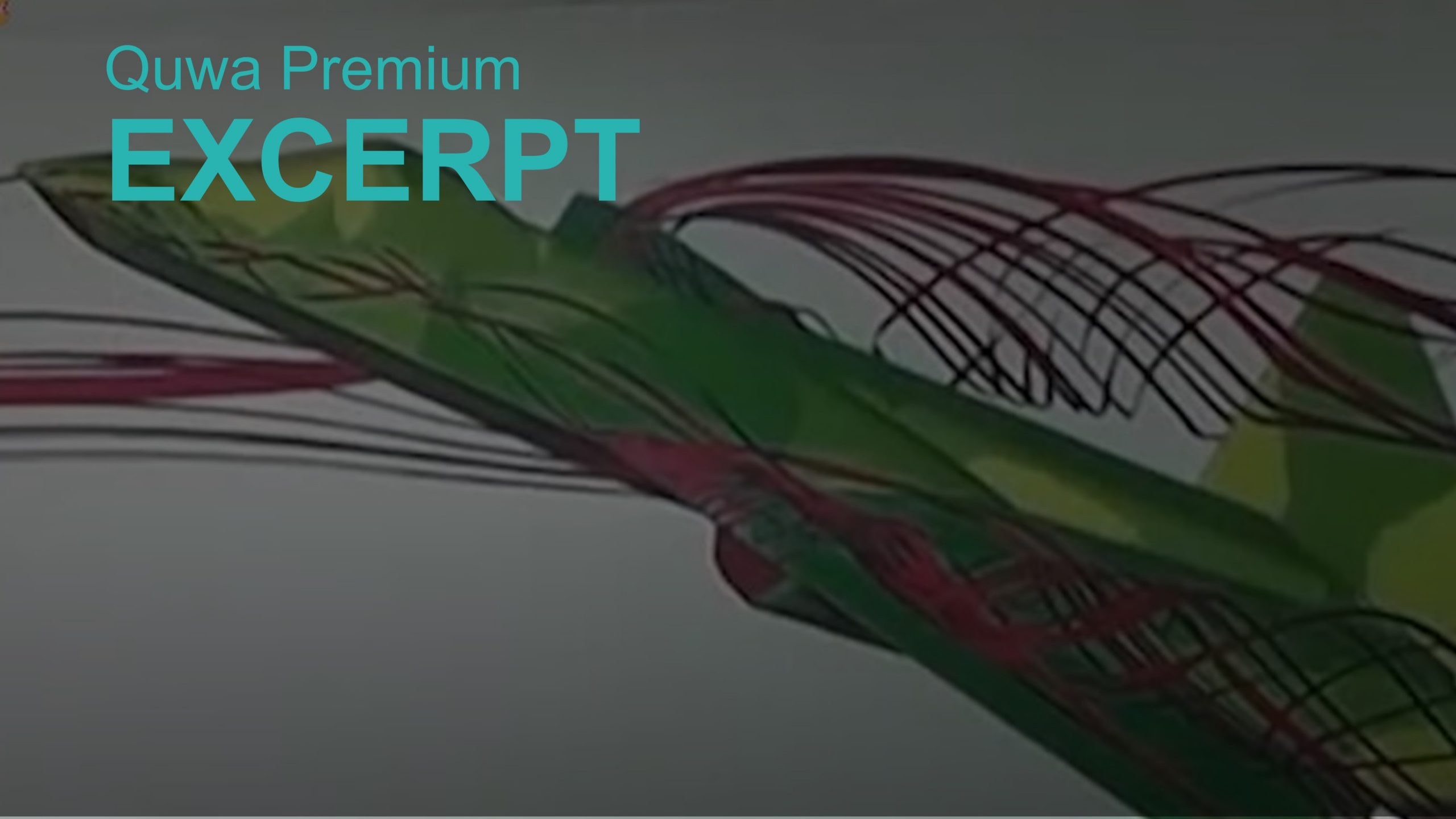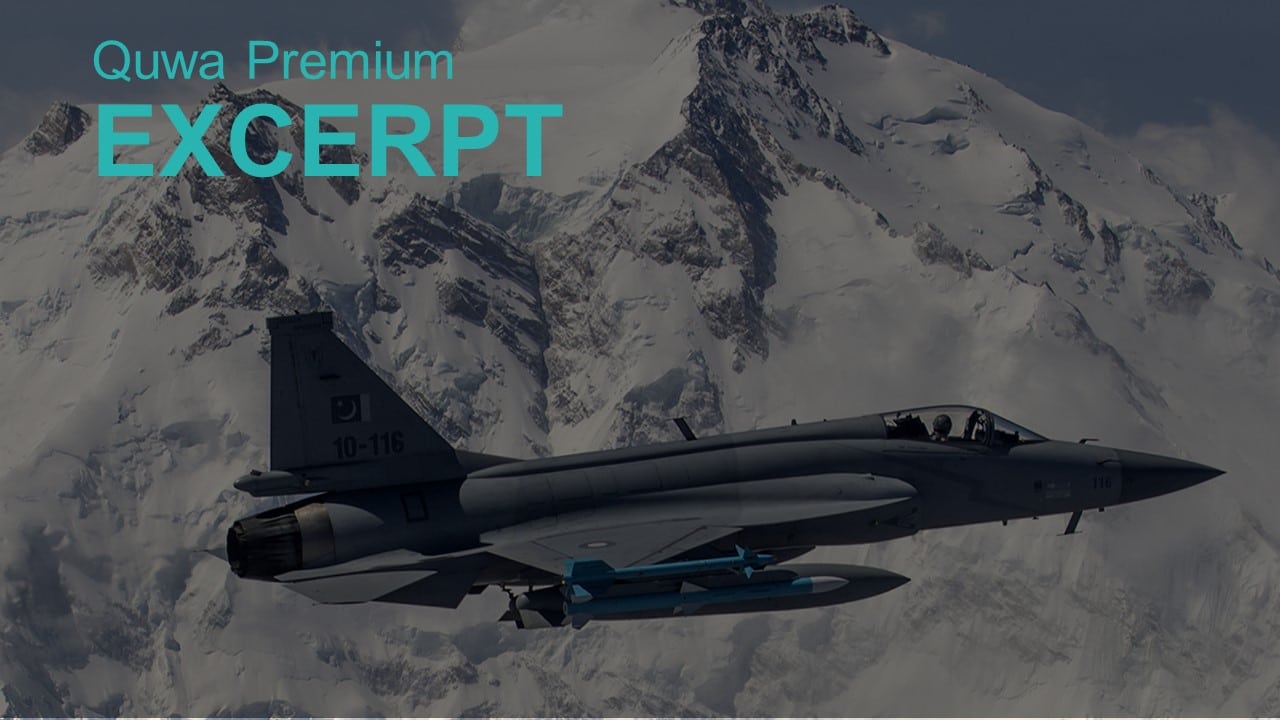2396Views

White House and Senate Block the Transfer of F-35 fighters to Turkey
On 13 August 2018, US President Donald Trump signed into law the 2019 National Defence Authorization Act, a $716 billion bill outlining the US’ fiscal defence priorities for the next year. A marquee aspect of the Act, and one of significant contention, is the stay on delivering the first of Turkey’s Lockheed Martin F-35 Lightning II fighters to Ankara. Although Washington had alluded to blocking the fighter in response to the Turkish government’s decision to procure Almaz-Antey S-400 Triumf long-range air defence systems from Russia, Ankara’s arrest of American pastor Andrew Brunson served as a final catalyst.
However, Turkey is not simply a customer of the F-35. Rather, it is an equity partner that had contributed to the development of the aircraft and, in turn, wields a range of workshare rights in the program. In fact, the F-35’s Joint Program Office has outlined that it “will continue to execute current program plans”, thus indicating the surprising nature of Washington’s move (such that the F-35 Joint Program Office has yet to plan, much less execute, an alternate course).[1] It is unclear if Washington will commit to the stay, though it has conditioned its move on the arrest of Brunson and – to a lesser degree – Turkey’s S-400 purchase.
Although there is a chance the F-35 issue could pass (with Turkey ultimately receiving its fighters), an issue of this significance – i.e. directly impacting Turkey’s defence programs, even where co-development and industrial workshare are factors – could see Ankara recalibrate how it develops its defence industry from this point on. In fact, a series of ongoing factors – from Washington’s policies to Turkey’s macroeconomic challenges – could spur alternate approaches to product design and overseas partners.
Background
In terms of the background – or lead-up of factors that resulted in the current predicament – one should consider two underlying issues. First, Turkey’s participation in the F-35 and how its approach in that area reflects its overall strategy for domestic defence industry development. Second, the assumption that the Turkish government had held regarding its state-to-state ties with the US.
Turkey’s F-35 Lightning II Program
Turkey formally joined the Joint Strike Fighter (JSF) program in 2002 in a memorandum-of-understanding (MoU) worth $175 million US.[2] However, much like Canada – itself a participant in the JSF’s development and co-production – Turkey signing onto the JSF did not necessarily mean it would order aircraft (though it was well-positioned to do so). Rather, its first formal orders came in recent years, i.e. in May 2014 for two F-35A aircraft, which were supposed to have been delivered if not for Washington’s stay-order.[3]
Turkey had intended to order 100 F-35As. In tandem with procurement, Turkey’s participation in the F-35 development program has facilitated access for its industry in providing inputs for the F-35’s supply-chain. Currently, Turkey’s slated to provide all F-35 customers (including the US) with two core subsystems, i.e. its “panoramic cockpit display and its missile remote interface unit.”[4] Thus far, it appears that the F-35A Joint Program Office will continue with the program as-is, though it could reportedly take two years for the US Department of Defence (DoD) to find an alternate supplier.[5]
End of Excerpt (517/1,461 words)
The full article is available to Quwa Premium subscribers here.
[1] Travis J. Tritten. “Why suspending F-35 deliveries to Turkey is more bark than bite.” Washington Examiner. 17 August 2018. URL: https://www.washingtonexaminer.com/policy/defense-national-security/why-suspending-f-35-deliveries-to-turkey-is-more-bark-than-bite (Last Accessed: 17 August 2018).
[2] Joint Strike Fighter Program Office. URL: http://www.jsf.mil/program/prog_intl.htm (Last Accessed: 17 August 2018).
[3] Lieven Dewitte. “Turkey commits to order first two F-35 fighter jets.” F-16.net. 07 May 2014. URL: http://www.f-16.net/f-35-news-article4815.html (Last Accessed: 17 August 2018).
[4] “Turkey’s Ayesaş sole supplier of 2 key F-35 components.” Daily Sabah. 16 August 2018. URL: https://www.dailysabah.com/defense/2018/08/16/turkeys-ayesas-sole-supplier-of-2-key-f-35-components (Last Accessed: 17 August 2018).
[5] Laura Seligman. “Trump Blocks Fighter Jet Transfer Amid Deepening U.S.-Turkey Rift.” Foreign Policy. 13 August 2018. URL: https://foreignpolicy.com/2018/08/13/trump-blocks-fighter-jet-transfer-amid-deepening-us-turkey-rift-f35/ (Last Accessed: 17 August 2018).


